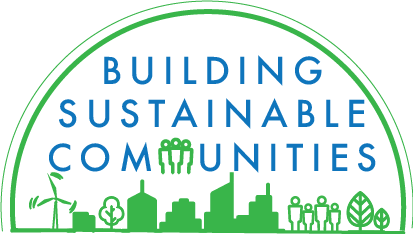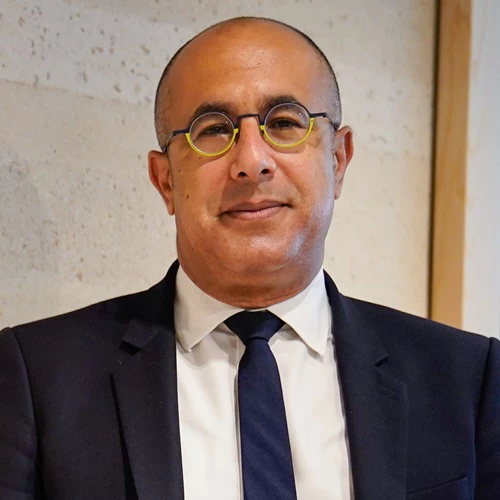Risk financing, social protection, seismic risk, and open data – these are just some of the key themes that have drawn hundreds of urban resilience and disaster risk management experts and practitioners to Belgrade, Serbia this week for Understanding Risk (UR) Balkans.
Spanning a network of over 10,000 worldwide, UR members are joined by a shared commitment to share knowledge and experience that can help governments and communities alike better understand the risks from natural hazards. By advancing a deeper understanding of risk in countries across the globe, the UR community is also driving change toward sustainable development.
As climate change increases the frequency and intensity of disasters, and as rapid urbanization makes more people and assets vulnerable to natural hazards, there is a real urgency for governments and communities to fully comprehend the risks they face so that they can develop appropriate disaster risk management policies and strategies. Last year, global losses for disasters surpassed $330 billion, a new record.
What are the main hazards that threaten people’s well-being and livelihoods? Which populations and assets might be most vulnerable and exposed to losses?
To protect and build upon the development gains of recent decades, governments and communities need to have a more complete picture of risk in all its dimensions. The good news is that the emergence of innovative technologies, such as real-time mapping and machine learning, is making it possible to understand risk faster and more cost-effectively than ever before.
When governments and communities have a fuller grasp of the risks they face, only then can they chart a path forward that mitigates these risks and brings them closer to a more sustainable future. Check out our video interview from the 2018 Understanding Risk Balkans conference, hosted by the Global Facility for Disaster Reduction and Recovery (GFDRR), the World Bank and the Government of Serbia, with the financial support of the European Union, to hear more on our thoughts about the importance of understanding risk for sustainable development – in the Balkans and beyond.
READ MORE




Join the Conversation